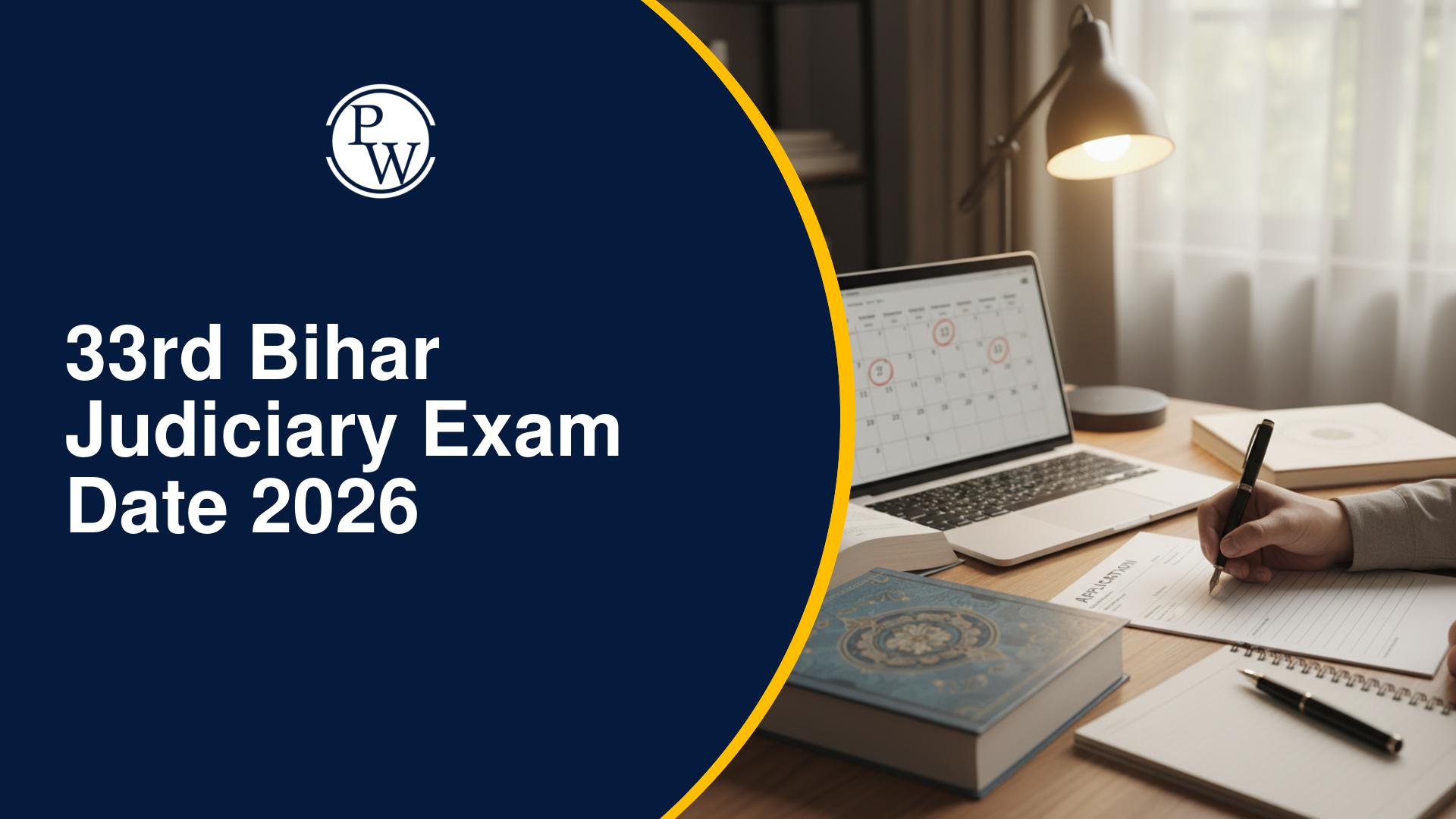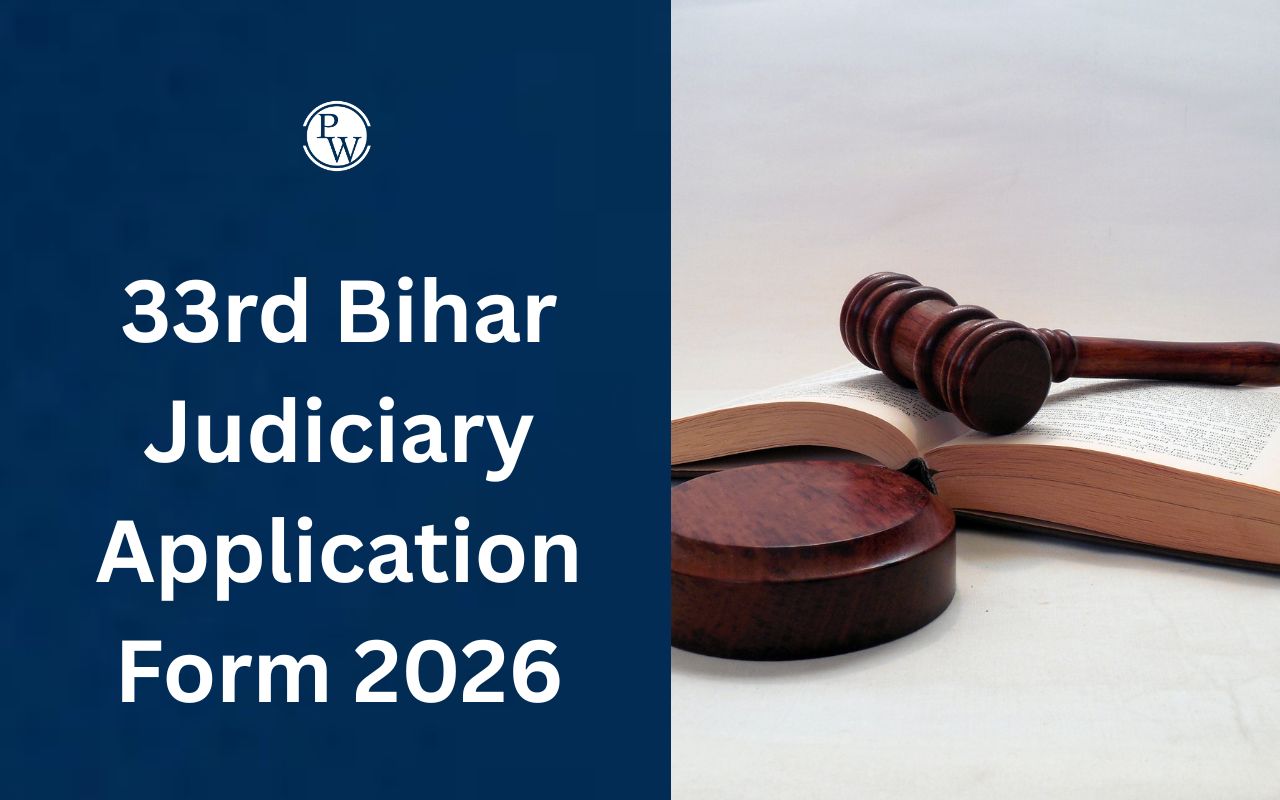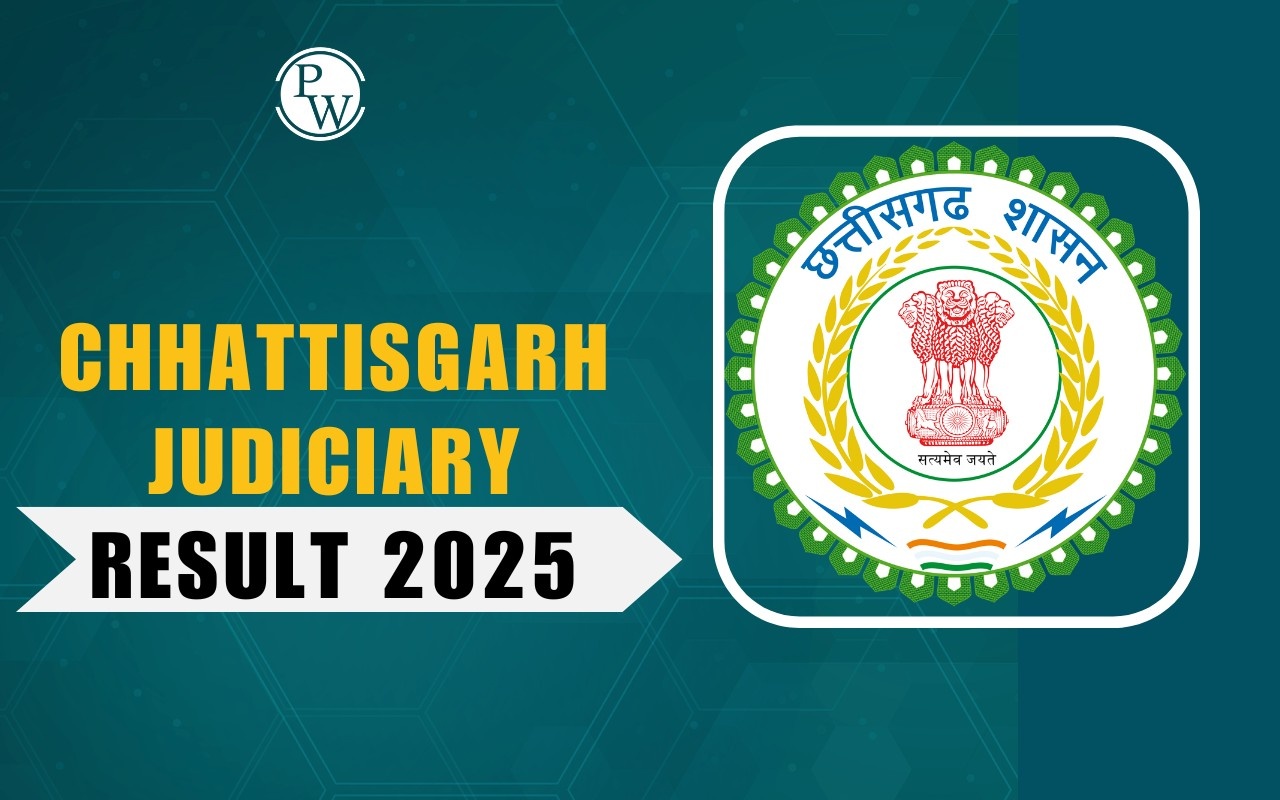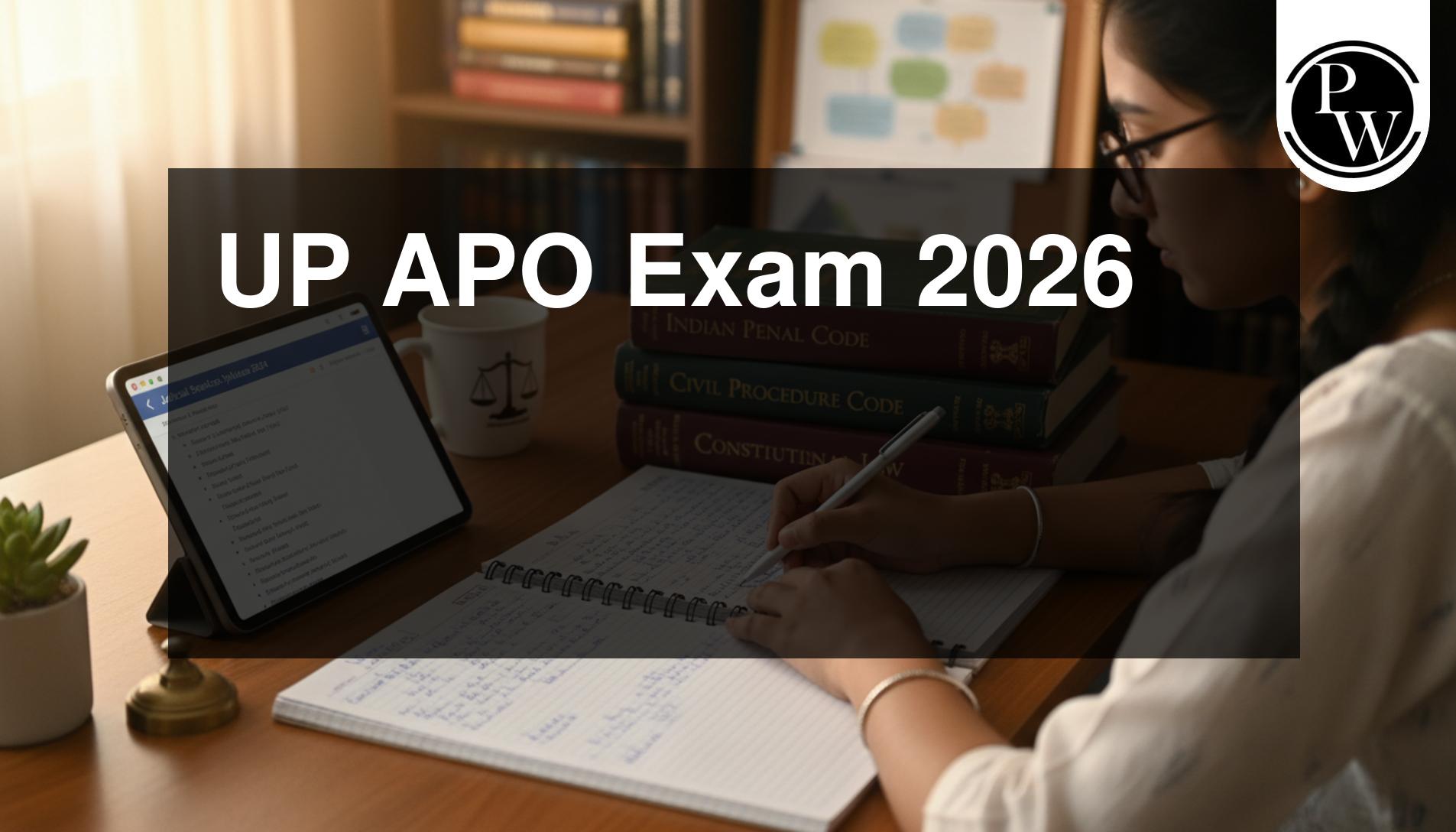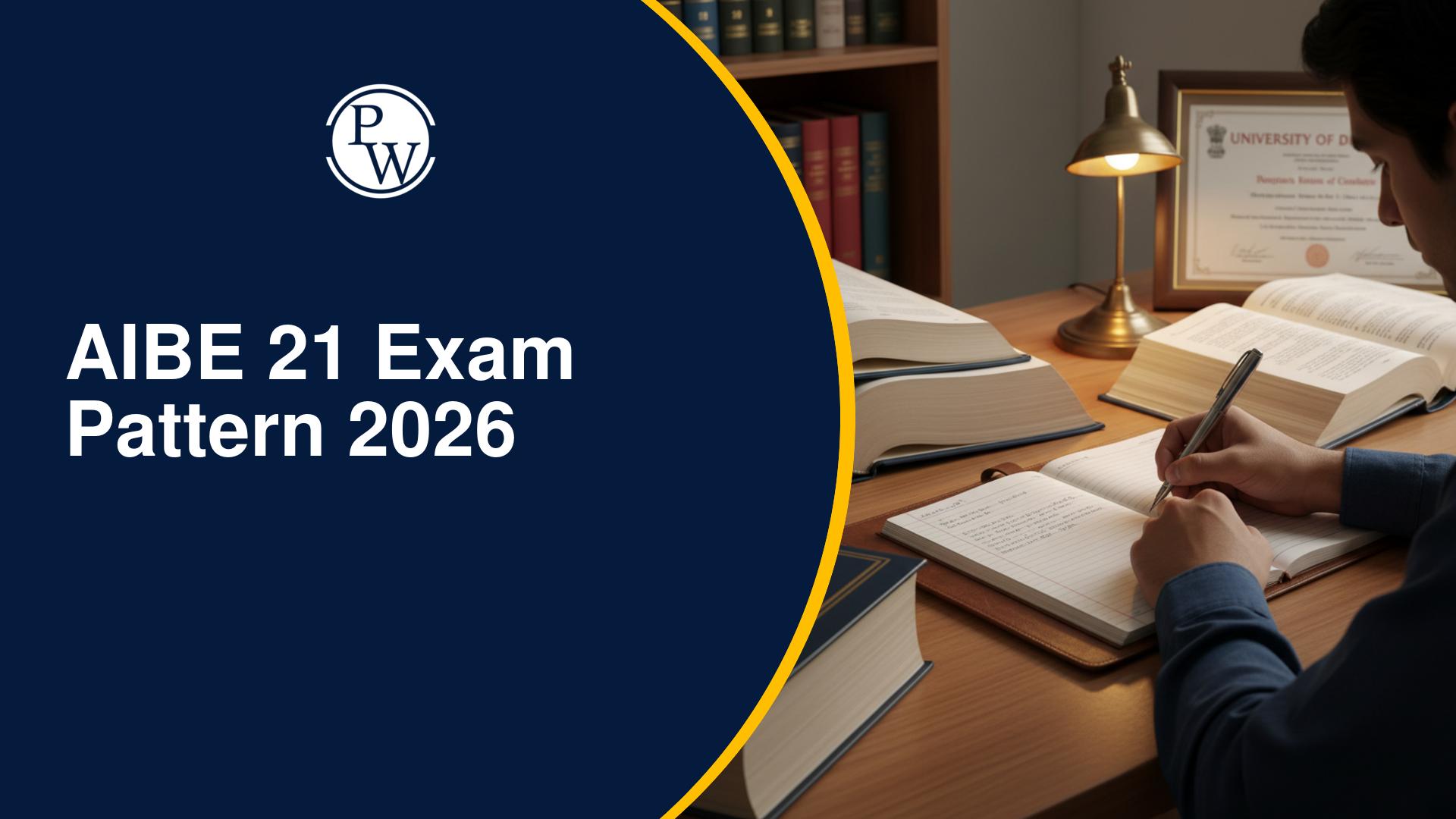
AP High Court Civil Judge Syllabus And Exam Pattern
AP High Court Civil Judge Syllabus And Exam Pattern: The AP High Court releases the Civil Judge Syllabus & Exam Pattern along with the official notification. It's important for candidates to check these before applying. Understanding the syllabus helps candidates prepare effectively. The selection process includes a Screening Test, an Offline Written Exam, and a Viva Voce. Candidates should refer to the Exam Pattern for details on marking schemes. In the Screening Test, there are 100 questions worth 100 marks.
AP High Court Civil Judge Exam Syllabus 2024 Highlights
Here's everything you need to know about the AP High Court Civil Judge Syllabus and Exam Pattern for 2024. Get ready for the screening test, written exam, and viva voce with detailed subject-wise topics. You can also download the syllabus and exam pattern PDF from the official website of the High Court of Andhra Pradesh.
| Category | Syllabus |
|---|---|
| Organization Name | High Court of Andhra Pradesh |
| Post Name | Civil Judge (Junior Division) |
| Selection Process | Screening Test (CBT) |
| Written Exam | |
| Viva Voce | |
| Job Location | Vijayawada |
| Official Site | aphc.gov.in |
AP High Court Civil Judge Recruitment 2024
AP High Court Civil Judge Syllabus 2024
The AP High Court Civil Judge exam syllabus for 2024, as per the official notification, remains consistent for both the Screening Test and Written Examination. The syllabus primarily consists of two sections: Civil Laws and Criminal Laws.
AP High Court Civil Judge 2024 Civil Laws Syllabus
The Civil Laws Syllabus delineates crucial legal statutes and regulations pertinent to civil matters. Covering various acts and rules, this section prepares candidates for the complexities of civil law practice.
| Topics |
|---|
| Code of Civil Procedure, 1908 |
| Indian Contract Act, 1872 |
| Hindu Marriage Act, 1955 |
| Hindu Succession Act, 1956 |
| Indian Easement Act 1882 |
| Specific Relief Act, 1963 |
| Limitation Act, 1963 |
| Transfer of Property Act, 1882 |
| Civil Rules of Practice |
| Registration Act, 1908 |
| Indian Stamp Act, 1899 |
| Andhra Pradesh Land Encroachment Act, 1905 |
| Indian Evidence Act, 1872 |
AP High Court Civil Judge 2024 Criminal Laws Syllabus
The Criminal Laws Syllabus elucidates key aspects of criminal law, including procedural codes and substantive offenses. Aspirants gain insight into the legal framework governing criminal conduct and proceedings.
| Topics |
|---|
| Code of Criminal Procedure, 1973 |
| Indian Penal Code, 1860 |
| Indian Evidence Act, 1872 |
| Negotiable Instruments Act, 1881 |
| Protection of Women from Domestic Violence Act, 2005 |
| Criminal Rules of Practice |
| Andhra Pradesh Excise Act, 1968 |
| Andhra Pradesh Gaming Act, 1974 |
| Juvenile Justice (Care and Protection of Children) Act, 2015 |
AP High Court Civil Judge Exam Pattern 2024
The AP High Court Civil Judge Exam Pattern for 2024 outlines the structure and format of the examination process. Divided into stages, it offers candidates a clear understanding of the assessment criteria and distribution of marks.
AP High Court Civil Judge Admit Card 2024
AP High Court Civil Judge Screening Test (Computer Based Test)
The Screening Test serves as the initial stage of evaluation, employing a computer-based format to assess candidates' knowledge across various subjects. It acts as a qualifying round to shortlist candidates for further examination.
| Aspect | Details |
|---|---|
| Subject | Various |
| No. of Questions | 100 |
| Marks | 100 |
| Exam Duration | 2 Hours |
AP High Court Civil Judge Mains Written Exam
The Mains Written Exam constitutes a pivotal stage in the recruitment process, evaluating candidates' understanding of civil and criminal law, linguistic proficiency, and essay writing skills. It assesses their ability to apply legal principles effectively.
| Aspect | Details |
|---|---|
| Subject | Civil Law, Criminal Law, English Translation, Essay Writing Test on Legal Subject |
| No. of Questions | 300 |
| Marks | 300 |
| Exam Duration | Varies |
AP High Court Civil Judge Interview
The interview stage represents the final assessment phase, allowing panelists to gauge candidates' suitability for the role through oral examination. It evaluates attributes such as communication skills, legal acumen, and ethical judgment.
| Aspect | Details |
|---|---|
| Marks | 50 |
Note: All written examination answers must be attempted in English (except for the Translation paper).
AP High Court Civil Judge Preparation Strategy
The AP High Court Civil Judge exam Preparation Strategy offers guidance to candidates on navigating the examination process effectively. It emphasizes comprehensive study, strategic analysis of past papers, and diligent practice to enhance performance.
- Thoroughly study the complete AP High Court Civil Judge Syllabus and Exam Pattern.
- Analyze previous year's question papers to understand the exam's difficulty level.
- Focus intently on all topics.
- Identify strengths and weaknesses and consistently work on improving them.
- Practice with mock exams similar to the actual test.
AP High Court Civil Judge Syllabus And Exam Pattern 2024 FAQs
How to become a civil judge in AP?
What is the process of civil judge exam?
What is the salary of AP Civil Judge?
Which subject is best for civil judge?
How do I prepare for civil judge exam?

